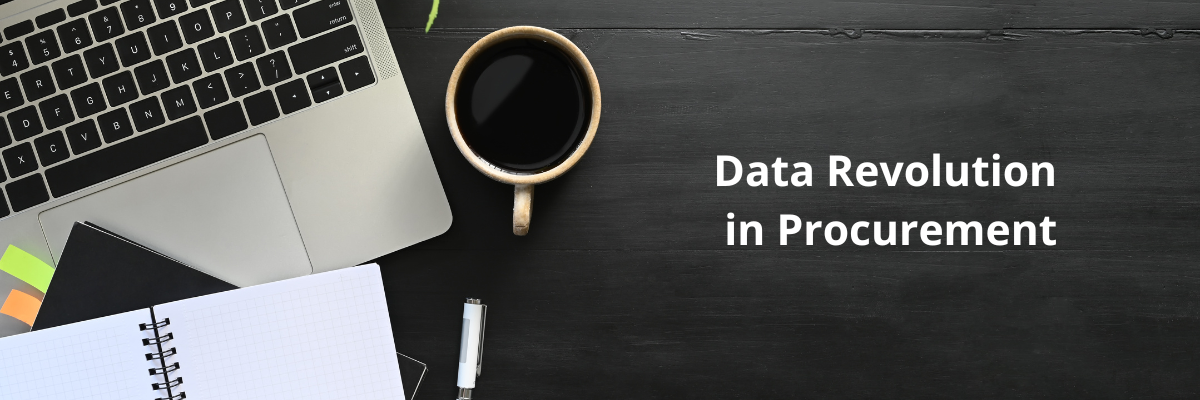In recent years, we have seen an unprecedented explosion in the volume and production of data, a phenomenon aptly dubbed "The Data Revolution." This shift is being witnessed first-hand by Chief Procurement Officers (CPOs), as they rise to meet the growing demand for data-driven intelligence across all enterprise departments. The year 2022 was shaping up to be an inflection point in how CPOs leverage this data revolution to drive smarter decisions and generate better outcomes.
The CPO Rising 2022: The Data Revolution report by Ardent Partners on the new roles and tasks of CPOs underscores the strategies leading CPOs have implemented to propel their organizations forward in this data-driven era, highlighting their stated plans and priorities for 2022 and beyond.
The Role of Data in Procurement
With an influx of data available from various internal and external sources, procurement organizations are no longer just about cost-cutting; they now play a strategic role in business transformation. The essence of this transformation lies in harnessing the power of data. Today's CPOs are strategically utilizing data to reveal insights about suppliers, contracts, internal buying behavior, and market trends. This enables them to identify opportunities for process optimization, cost reduction, risk mitigation, and value creation.
Data: A Critical Tool for Next-Generation Procurement Departments
More than ever before, CPOs and connected teams are poised to tackle contemporary challenges with agility and grace, largely due to the new and unforeseen ways they are utilizing data. By leveraging advanced analytics, artificial intelligence, and machine learning, they are not just responding to today's challenges, but also laying the groundwork for next-generation procurement departments.
Data is revolutionizing procurement in many ways, including predicting supply chain disruptions, improving vendor relationship management, enhancing spend visibility, and optimizing procurement processes. For example, data can be used to track and monitor supplier performance, enabling procurement teams to make informed decisions about supplier selection and relationship management.
Moreover, predictive analytics can help procurement teams anticipate and mitigate supply chain risks, thereby ensuring business continuity. Spend analytics is another critical area where data is making a significant impact. By analyzing procurement data, organizations can gain insight into their spending patterns, identify maverick spend, and uncover opportunities for cost savings.
Conclusion
As the procurement landscape continues to evolve in this era of rapid digitization, embracing the data revolution becomes an imperative for CPOs worldwide. They must be proactive in adopting advanced technologies and strategies that enhance data management capabilities and analytics, which in turn drive data-driven decision-making and enhance overall procurement performance.
While the journey towards a data-centric procurement function might be fraught with challenges, the rewards are worth the effort. In the battle for better procurement intelligence and smarter decisions, data is your most potent weapon. The time is ripe for CPOs and their teams to rise up and embrace the data revolution in procurement.

.png)
-2.jpg)

